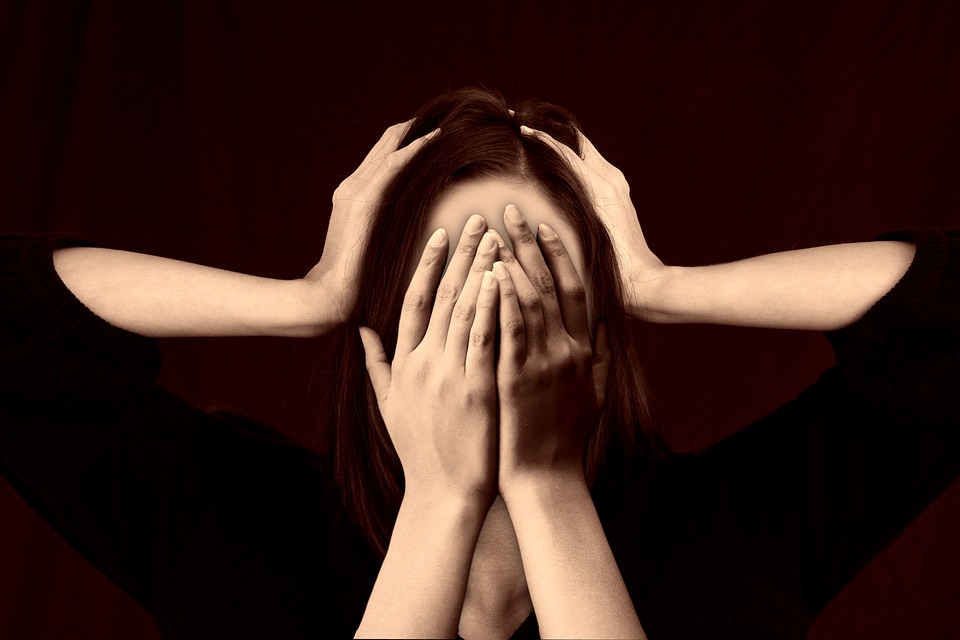‘How do you deal with bad reviews?’ people ask me.
‘I’ve never had one, I’m an amazing writer!’ I reply. Then laugh maniacally – because it’s not true. EVERY writer gets bad reviews at some point in their career.
Along with sleepless nights, virtually no income and a head full of voices that aren’t mine, as an author comes the very real, and very painful, reality that someone out there may read my work and think it’s a pile of shit. That’s the problem with art and anything creative – it’s completely subjective.
There is no such thing as ‘good’ or ‘bad’ art. There is just what you like. Unlike maths, there is no ‘right’ or ‘wrong’ either. A painting, photograph, story, poem or piece of music will either call to you, or it won’t. It will either fill you with emotion, stay with you forever, colour your life and influence you in ways you could never imagine. Or it won’t. Hell, someone may even absolutely loath it – but that’s still an emotion (so artists will claim they still did their job properly).
From Emin to Eminem and Michelangelo to Madonna, if you have the balls to make a statement and move away from what has been done before, you run the risk of someone not liking it. And more to the point them telling you, and anyone else who will listen, that you and your work stinks.

This has always been the case with artists (poor Van Gogh had to cut off body parts and die before anyone noticed he painted really cool sunflowers) and over the centuries nothing has changed except for one thing – the introduction of the internet.
Before the internet book critiques were limited to newspaper reviews, what the guy who works at the bookstore thought and gossip among your friends. But now everyone with a Kindle Unlimited account is free to read your book for next to nothing and wax lyrical on your talents to anyone who will listen. And, if they are really intent on sharing their dislike of your work all over their blogs, vlogs, social media channels and websites, they can do some serious damage (maybe not to your book sales, but definitely to your confidence).
As a writer I was really excited to finally see book one of my YA Fantasy Romance Series THE PATH KEEPER finally turn into a tangible book. I suddenly realised I’d be able to touch and smell and feel and hold my precious work. Then it hit me – so would everybody else!
All writers struggle with the dreaded dichotomy of ‘Please read it’ and ‘Oh no, please don’t read it’. We write to be read, but we’re also handing over to you our innermost emotions and soul, along with our blood, hope, sweat, dreams and tears, wrapped up like a tiny newborn baby – then asking you to love it as much as we do. Except we’re not allowed to be hurt if you tell us our new bundle of joy is hideous and the most disgusting thing you’ve ever seen.
Remind me again why any of us put ourselves through this sadistic ordeal?

Here are my Top 5 solutions:
1. Don’t read them
Maybe I should do this…but I don’t. I read everything. When I was asked to pen an article for UK newspaper The Independent once about breastfeeding (top tip – never go there, tired mums have a lot of hormones and no sense of humour) I, of course, expected a response. What I got was three days of hate mail and some death threats. I also got invited to talk on BBC radio and be interviewed on the Good Morning show. Of course I said no!
I was in shock. My head screaming ‘Good god woman, what have you done?!!’
It was meant to be a funny, tongue-in-cheek article about the issues with taking babies to posh places – I wasn’t out to hurt anyone. I’m a mum! I breastfed! It was meant to be funny!
The problem is that as soon as your work leaves your laptop and you release it into the big wide world it’s no longer yours. You can’t knock on every reader’s door and say ‘you misunderstood, what I actually meant was…’ You have to suck it up, bad reactions and all. Luckily I’d created a Twitter account just for that article and I shut it down after a trillion and ten messages and stopped reading all the ‘I hope your children die’ comments. Yes, these people live among us.

2. Focus on the positive
It’s normal to feel crappy when twenty people at a party say you look great but a girl half your age is wearing the same dress and making it look better. We all do that – we all focus on the negative and dismiss the nice comments.
So don’t.
All artists think they are frauds. We all think we can’t write for toffee. We all give away our work because creativity has always been deemed as something that should be shared and not monetised. So it’s not difficult, when you get a crap review, to think everyone else that liked it was just being nice.
I’ve received 102 five star reviews for THE PATH KEEPER to date and I can promise you that not one of them was paid to say nice things and they had all read it. Do I truly believe they all liked it that much? No, I think everyone is just being nice. And what still bugs me? The ONLY bad review I received on Goodreads starting with ‘What a mess…’.
Well f*** you very much.
So every time someone doesn’t like your work, simply go back and bathe in the glow of the nice reviews and tell yourself that you’re probably not that bad after all. And believe it.

3. Don’t bite back
Really. Don’t. These trolls either don’t think you are reading their vitriolic poison, or they are hoping you are and want to get one up on that person that everyone loves but they don’t. Because it makes them feel important and special to be different (and they rarely have the talent to do what you do anyway, so this is as close to recognition as they will get). Let them have their limelight. Even Harry Potter has hundreds of One Star reviews and I don’t think Rowling is stressing too hard about it.
4. Learn
This is why I read all my reviews. If I find that the same word keeps coming up then I know that my readers don’t like something – so next time I will bear it in mind. I blame my marketing background.
I was recently invited to guest lecture at The Hague University to 70 marketing students. I was there to discuss the internet and how I developed my digital footprint to rise to No9 on Amazon’s YA bestseller list the day of pre-order. At the end of the hour-long lecture the teacher told me she’d conducted research during the talk and had asked the students questions about my presentation.
CRINGE!
Did I want to read what they thought? No. Did I read it? Yes. Did it sting? A little. But some of them had a point, next time I will tweak my presentation. It’s fine. I learned something too.
If you’re brave enough to put yourself out there – be brave enough to hear what people thought of it. You don’t have to believe it all, you don’t even have to act on it, but it may help you improve. This especially goes for people starting out in a creative industry. Take it on the chin, it will make you better and stronger in the long run.

5. Tell them to go f*** themselves (in your head)
And lastly – you can’t please all the people all of the time. You are there to write for your readers; the ones that love your writing style, genre, themes, characters and ideas. Sod everyone else. They are allowed to comment, it’s a free country, but it’s your choice whether to let their negativity affect you. So give them the finger in your head and go back to being awesome.
But first ring your mum/best friend/favourite reader and let them tell you how wonderful you are for half an hour…because we all need a cheerleader in our life to keep us going!

